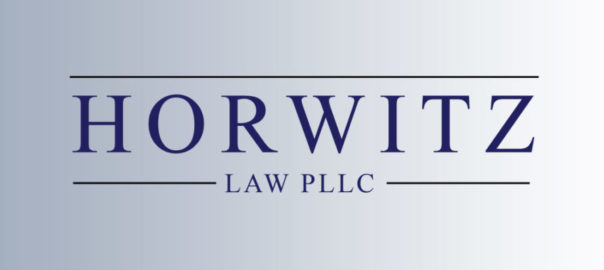The Tennessee Supreme Court will hear the Nashville Banner’s appeal seeking to unseal judicial records that may shed light on claims that Davidson County Criminal Court Judge Cheryl Blackburn—who suffered a stroke in 2021—is incompetent. The Tennessee Supreme Court’s order granting the Nashville Banner’s application for permission to appeal is available here: https://horwitz.law/wp-
The case arises from a criminal proceeding in Davidson County. On April 8, 2024, Judge Blackburn entered an order “recus[ing] herself from further presiding over the above captioned case.” The order offered no explanation for Judge Blackburn’s recusal. Nor did the court’s docket suggest what may have prompted it.
The Nashville Banner—a news organization—then engaged in newsgathering. Although no sealed documents were identified on the court’s docket, the Davidson County Criminal Court Clerk later confirmed to the Banner that there were actually five sealed filings in the case that the court’s docket did not reflect. The Clerk identified three of those sealed documents—which were filed shortly before Judge Blackburn’s recusal order entered—as:
1. John Doe’s Motion for Disqualification of the Trial Judge and For Continuance
2. Affidavit of John Doe In Support of John Doe’s Motion for Disqualification and to Continue
3. Affidavit of Jane Doe In Support of John Doe’s Motion for Disqualification and to Continue
These documents had been sealed without explanation in contravention of local court rules and long-settled Tennessee sealing precedent. Nevertheless, when the Banner moved to unseal the documents, Criminal Court Judge Angelita Dalton—who was now presiding over the case following Judge Blackburn’s recusal—declined to do so. Judge Dalton’s order states:
[T]his Court further finds that the public disclosure of these particular documents, especially at this premature juncture, would likely result in the publication of claims that (a) are currently insufficiently supported, (b) would annoy, embarrass, oppress, or create undue burdens for involved persons, (c) deny involved persons their rights to substantive, procedural, and administrative due process, and (d) delay court proceedings. The Court further finds that any substantiated concerns related to judicial competency may also be addressed through other appropriate avenues, which counsel for the existing parties are sufficiently equipped to pursue if they have not already.
Following an initial round of appellate review, the Tennessee Court of Criminal Appeals declined to unseal the subject documents. In its ruling, though, the Court of Criminal Appeals determined—without any party asserting the position—that “Rule 10 specifically limits the opportunity to seek appellate review in criminal cases to the State and the Defendant,” meaning that the Court of Criminal Appeals ruled that intervening media entities have no right to pursue an immediate appeal of trial court sealing determinations. Tennessee Rule of Appellate Procedure 10 does not restrict intervenors’ right of appeal in this way, though, and previous appellate cases hold differently. See, e.g., State v. Montgomery, 929 S.W.2d 409, 411 (Tenn. Crim. App. 1996) (granting Rule 10 application for permission to appeal by intervenor “the Memphis Publishing Company” in criminal case).
The Tennessee Supreme Court has now granted review of the Banner’s application for permission to appeal. Thus, the Tennessee Supreme Court will hear just its third media case in a decade.
“We are proud to represent the Nashville Banner in this important case, and we look forward to vindicating the public’s right to transparency,” said Horwitz Law, PLLC principal Daniel A. Horwitz, the Banner’s lead counsel. “The public is entitled to review judicial records that include claims that a judge may be incompetent, and the Banner is committed to ensuring that such records are not sealed from public view improperly.”
The Banner’s application for permission to appeal can be found here: https://horwitz.law/wp-
An amicus brief filed in support of the Banner by the Reporters Committee for Freedom of the Press, the Tennessee Association of Broadcasters, the Tennessee Coalition for Open Government, and the Tennessee Press Association can be found here: https://horwitz.law/wp-
###
Questions about this article? Contact the author at daniel [at] horwitz.law.
Like ScotBlog? Join our email list or contact us here, or follow along on facebook at https://www.facebook.com/scotblog.org. You can also subscribe to the author’s weekly newsletter on the Tennessee Court of Appeals—Intermediate Scrutiny—here: https://horwitz.law/intermediate-scrutiny-blog-signup-form/
